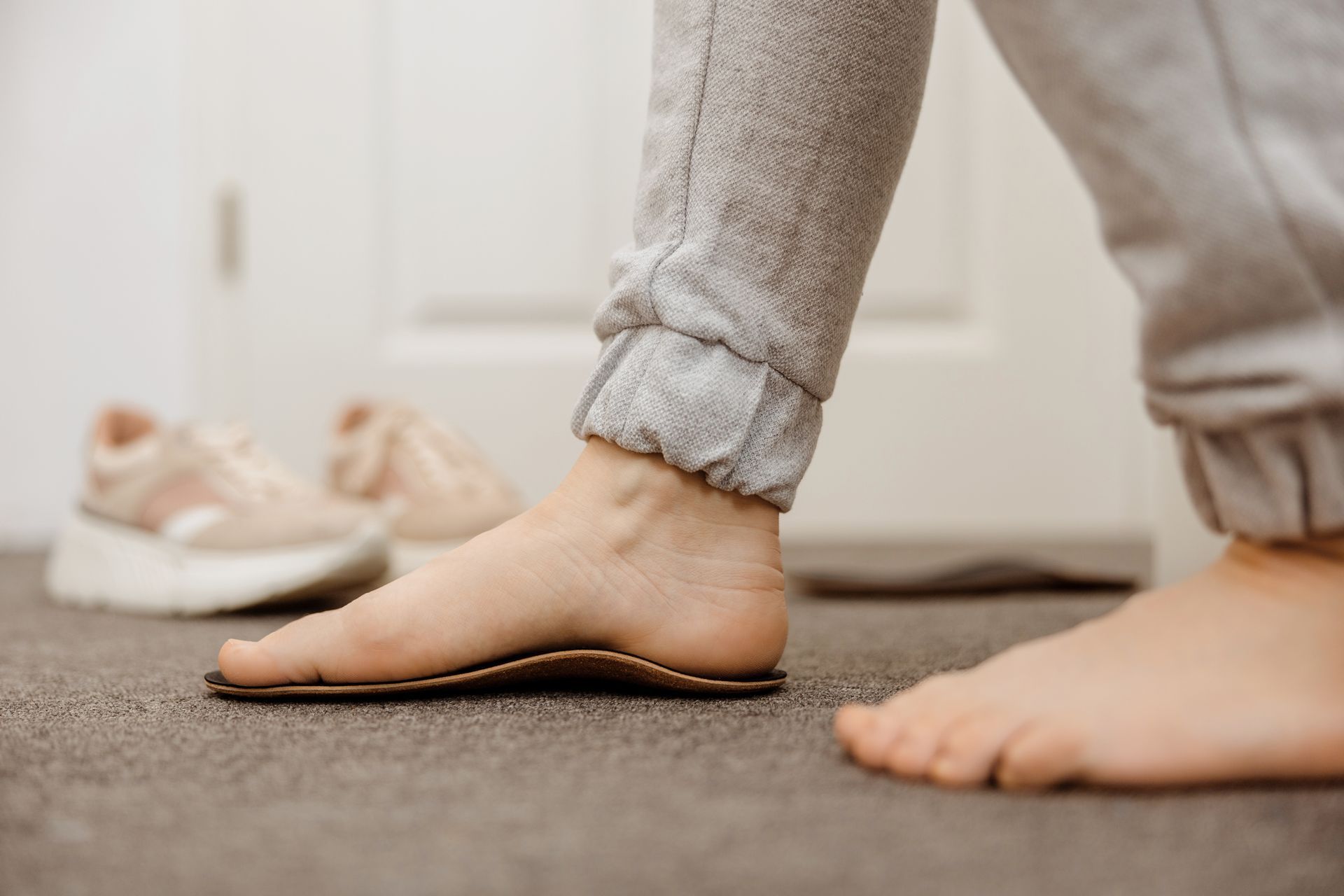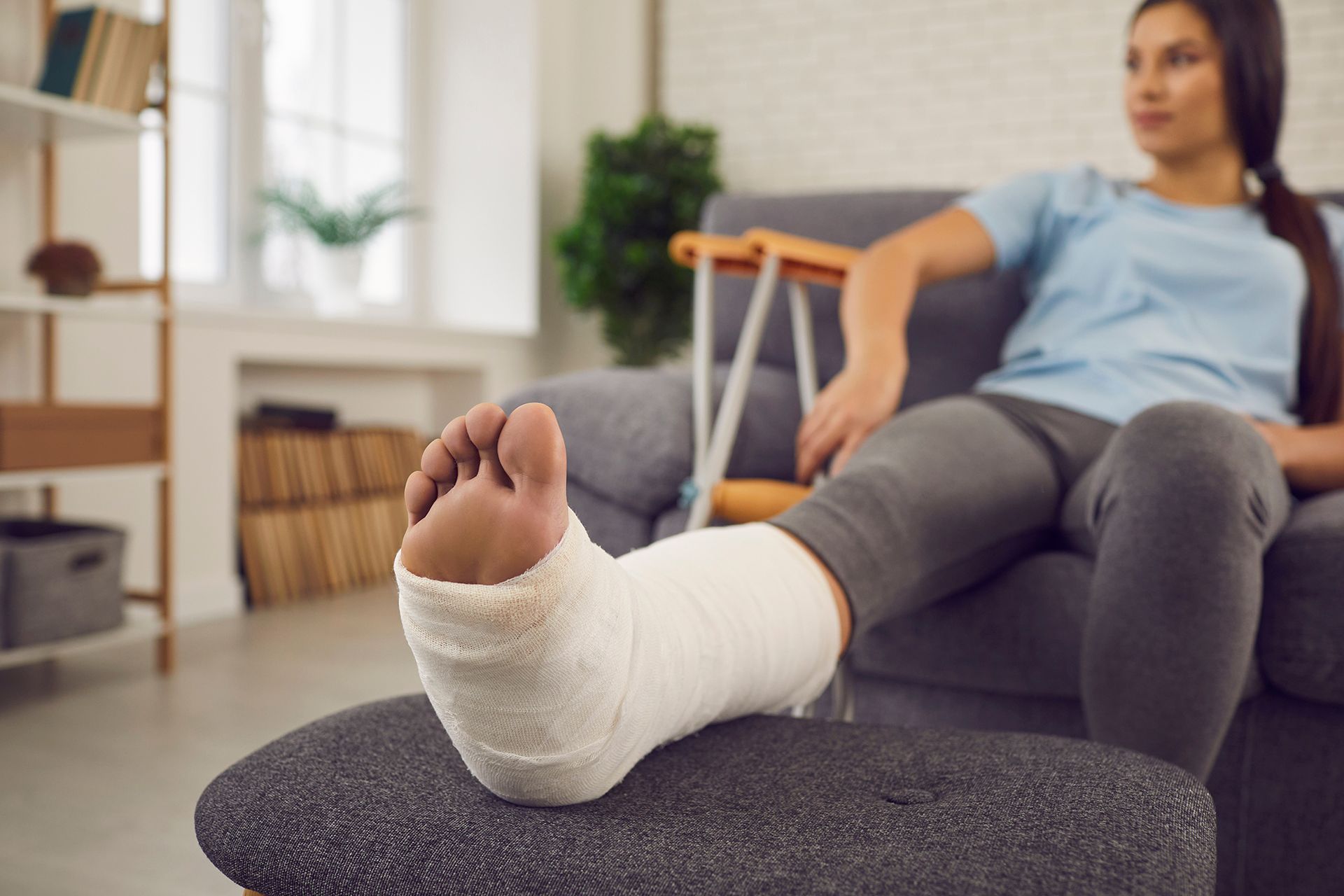Our Concord Podiatrist Answers Common Foot Surgery FAQs, Part 2
If you are planning to have foot surgery in Concord NC, or suspect that you may require foot surgery sometime in the near future, you may have a lot of questions about the treatment and recovery process. In today’s post, we continue and conclude Part 1 of our “Foot Surgery FAQs” series by addressing some of these questions.
Can I drive after foot/ankle surgery?
No. You will need someone to bring you to your surgery and take you home afterwards. During the first week of recovery, you should avoid driving, no matter which procedure was performed. After that, you may be able to drive, if you have an automatic transmission and the right foot was not operated on. If your right foot had surgery, you should not drive during the entire non-weight-bearing period, which may be six to eight weeks.
Can I shower or bathe after foot surgery?
In most cases, you will not be able to get the surgical site wet until your stitches are removed. This is usually done 10 to 14 days after surgery. Until that time, you will be given a special bag to keep your surgical area protected while showering or bathing. In some cases, it will be possible to prescribe a waterproof cast, but this is not always possible.
How painful is the recovery process after foot/ankle surgery?
Generally, foot and ankle surgery are not tremendously painful provided the patient correctly follows post-operative instructions. Directly after surgery, a numbing medicine will be placed around the surgery site, and you may not experience any pain at all for four to 24 hours following surgery. Your podiatrist will also prescribe prescription painkillers to alleviate your discomfort. Most people do not need to use these medications for longer than a week.
How much time should I take off work for foot surgery?
If your job can accommodate non-weight-bearing use of your leg, then you can usually return to work three to five days after surgery, depending on your pain level. If your job will not accommodate non-weight-bearing use of your leg, you will have to be off work during this recovery period, and have modified duties when you return until you are out of your protective boot.
Will my insurance pay for foot surgery?
Although most foot and ankle surgery is considered elective, most insurance plans have good coverage for it, provided it is being done to relieve dysfunction and pain. Although it is ultimately up to you to determine whether your insurance will pay for surgery, our billing department will be happy to assist you in determining costs and creating a repayment plan.
Need a Foot Surgeon in Concord NC?
Ryan Foot & Ankle Clinic is proud to be the go-to podiatrist for Concord, Ballantyne, South Park, Charlotte University, Harrisburg, and nearby areas. If you think you might require foot or ankle surgery in Concord, click here to set up an appointment with our local podiatrist.











